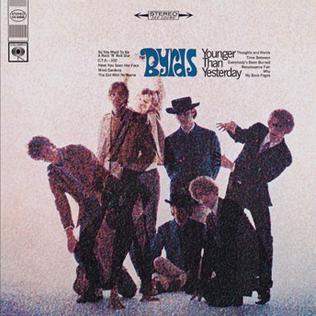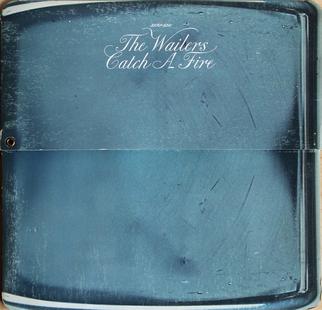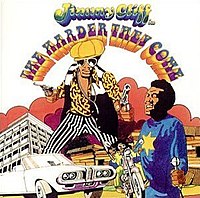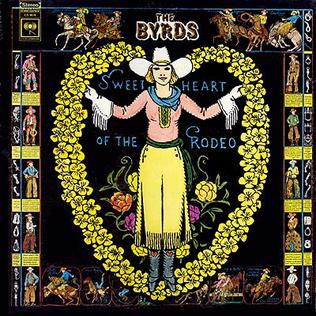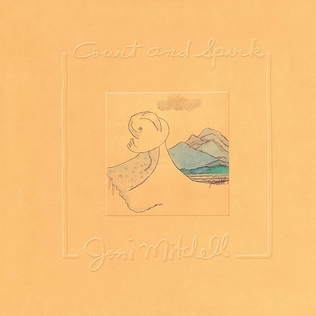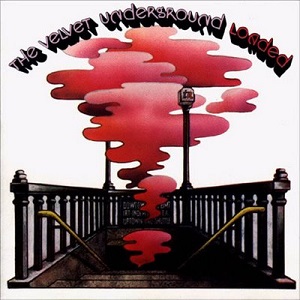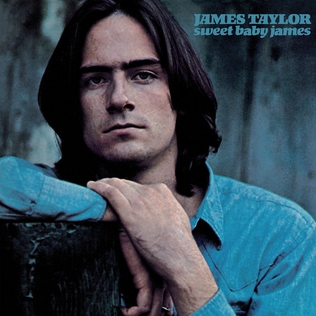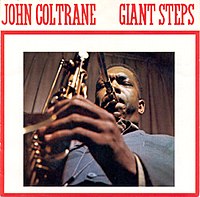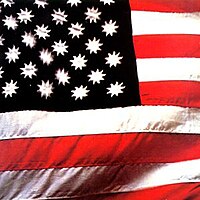
Band: Black Sabbath
Album: Paranoid
Why Rolling Stone gets it right: Even moreso than Led Zeppelin, Black Sabbath is the metal band. The crunching guitar, the hammer-ish drumming, the rolling bass and Ozzie's wail all scream metal more than any other band. The invention of the genre basically came from "Paranoid." In short, Sabbath is the metal Beatles.
Why Rolling Stone gets it wrong: This is a record that should be in the top 20, at least.
Best song: It's hard to choose which is best, though "War Pigs" is, lyrically, the standout. The epic protest song is fantastic and features enough time changes to make Geddy Lee's head spin. Or... "Iron Man." The riff in "Iron Man" is known by many as the original ad for "Beavis And Butthead," but like "War Pigs," is has time changes and one of the best guitar riffs ever recorded.
Worst song: There isn't a bad song, but "Planet Caravan" is a little out of place.
Is it awesome?: Yes. Absolutely. One of my favorite albums of all time.
Let's face it, metal as a genre is shit on. Sure, the Zeppelins and Hendrixes of the world are critically praised, but pure metal bands -- those that don't get thrown into other genres -- never really get the praise they deserve. And it seems whenever a band stinks and has some theatrics to them, they become "metal" (see KISS). During the '80s, metal was mostly a joke.
But, there's some great stuff in metal. There's some really smart metal bands -- I'd venture that there is a higher percentage of literate metal than there is of literate rock. Black Sabbath is the lynch pin. Like Zeppelin, Sabbath took the blues scales and some riffs so popular with the Stones and turned it the hell up. Like a lot of bands in the '70s, Sabbath took issue with conformity ("Faeries Wear Boots"), love ("Paranoid"), war ("Iron Man" and "War Pigs") and scary sci fi ("Hand Of Doom"). All on the same, mind-blowing album.
---
"Paranoid" is metal. There's no way around it. It's hard, it's heavy and it's based on riffs. Big, giant, great, crunching riffs. Like Keith Richards, Tony Iommi understands the need for a band to be centered around something melodic yet powerful. "Paranoid" is melodic and powerful.
---
That's not to mention Iommi's solos. Like Clapton and Richards, the strength of Iommi's solos are in their simplicity. he wasn't the fastest up the fretboard, but he was fast enough to burn through huge notes. Taking a cue from the blues masters, he circled his solos on certain scales to create a familiarity within the song.
"Paranoid" is the first album I learned on the guitar. Like "Nevermind," the album isn't technically impossible of a guitar player, but the power in the songs is larger than life. Iommi's sound is as signature as they come; You can identify a Black Sabbath riff from the first four notes.
---
And then, there's Ozzy.
Save for Johnny Rotten or Chris Cornell, there probably isn't a voice more suited to its genre than Ozzy's. Ozzy's half scream/half croon is a metal establishment and says "metal" as much as anything. His wail sounds like a banshee (The end of "Electric Funeral") and the snide, calm dissertation-singing (the beginning "Hand Of Doom") is as iconic.
---
Sabbath took, like, five tries to get into the rock and roll hall of fame. It's a little strange and something that bothered the hell out of me. The Allmans and Skynyrd got in before Sabbath did, which particularly disturbed me.
Not to take anything away from the Allmans or Skynyrd -- though, I'm not keen on either -- but Sabbath's sound is one of the most influential, ever. Take any band popular during the '90s and you have Sabbath. The most important indie rock label of that decade -- Sub Pop Records -- willfully said that their goal was to bring bands out with a Black Sabbath meets Black Flag sound. Not a Beatles meets Black Flag -- Sabbath.
---
"Paranoid" is metal's "With The Beatles." It doesn't destroy the genre, it perfects it. Taking the fuzz of The Kinks, the blues riffs of the Stones and the apocalyptic lyrics of art rock, Sabbath created something new: Heavy metal as we know it.






